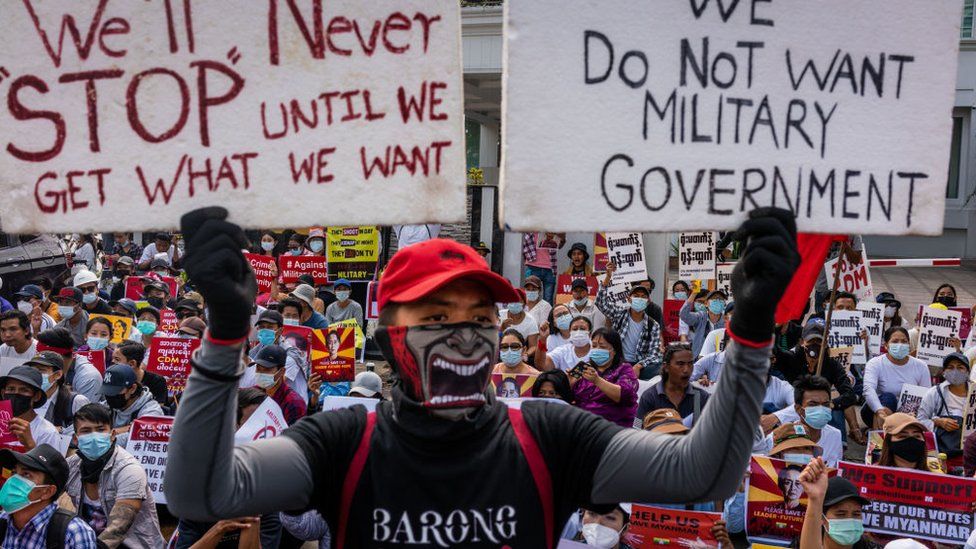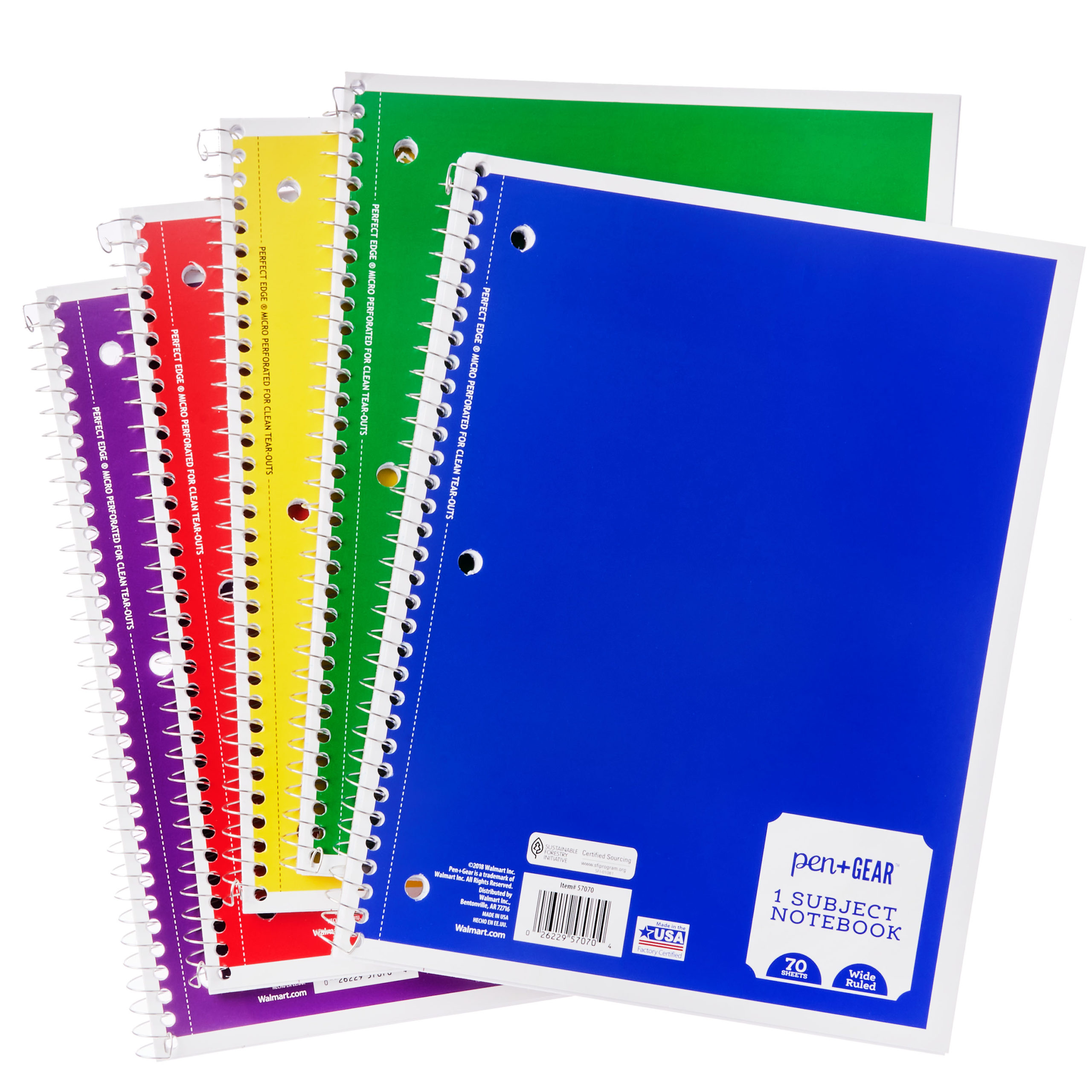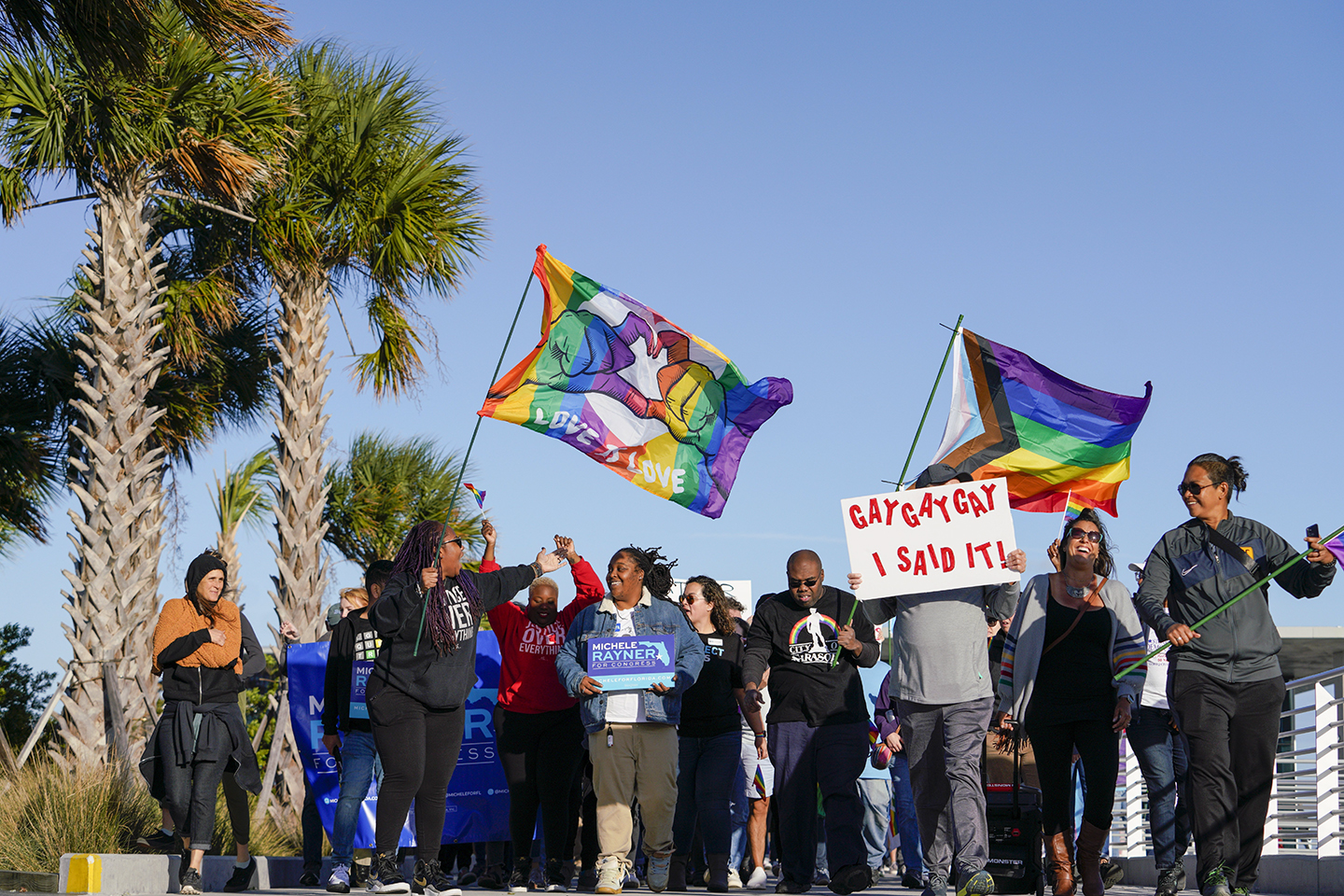In the last year, voting has suddenly turned into a source of heated partisan debate, as the 2020 election sparked conversation on the accessibility and legality of various voting forms. The highly contested Freedom to Vote: John R. Lewis Act, or VRAA, reenters the Senate as an attempt to address these issues.
In the decades after the Voting Rights Act of 1965, Supreme Court decisions such as Shelby County v. Holder dramatically changed the law, as the court removed federal oversight of voting, resulting in many states enacting voting restrictions like the shortening of the window for mail-in ballots or the limit on the number, location, or availability of mail ballot drop boxes.
The VRAA aims to reverse voting restrictions and allow for greater voting access by restrengthening the Voting Rights Act. The VRAA would ensure that states striving to pass new voting plans would need federal approval, which is especially ensuring that states with a history of voter suppression like Texas and Georgia, are not able to continue their sad history. The bill would include provisions such as accessible same-day voter registration, and according to Grace Panetta of Insider, “Prohibits partisan gerrymandering by requiring states to use certain criteria when drawing new congressional districts” (Panetta, 2022, para. 10). This bill also tackles forms of race-based discrimination by creating protections for individuals potentially targeted by these barriers.
This bill is a necessity to making sure that our voting system is fair and equal to all. Many discriminated groups, such as those of the LGBTQIA+ or POC community struggle in modern America due to voting restrictions. Many transgender adults face issues with voter identification requirements, as many are disfrenchased and unable to vote, even though they want to. Numerous communities of color do not have quality mail service to ensure the adequate delivery that mail in ballots require, with many being left disenfranchised as a result.
While the VRAA proves promise in removing modern day voting hurdles, the future of this bill seems to be bleak. The passing of this bill through the House was only thanks to political machinery and shenanigans, as The Freedom to Vote Act and The John Lewis Voting Rights Advancement Act, the two bills that make up the John Lewis VRAA, were both passed on January 13 2022, by a vote of 220 to 203-with this bill being extremely controversial as it was shot down last year by Senate Republicans.
The passing of the VRAA is highly unlikely, though it is still extremely important as it prompts a critical conversation on systemic issues with civil rights legislation. Over 150 years ago, voter suppression took the form of literacy tests, clauses of state law, and intimidation groups such as the KKK. In 2022, blockades are in the form of registration difficulty and inaccessibility of polls. The federal government must play a crucial role in the sanctity of democracy and voting. It is inevitable that states will pass laws affecting the process of voting, especially after the last presidential election. It is the responsibility of the federal government to ensure that these laws are for the benefit of the people and that people are not unfairly disenfranchised in the foundation that makes our nation: voting. The Freedom to Vote: John R. Lewis Act will not be the last of its kind to run its course through the United States government. Most likely, many bills just like it will follow and fail, as the deep-seated voting problems that plague our nation will continue to linger and need adressment.



